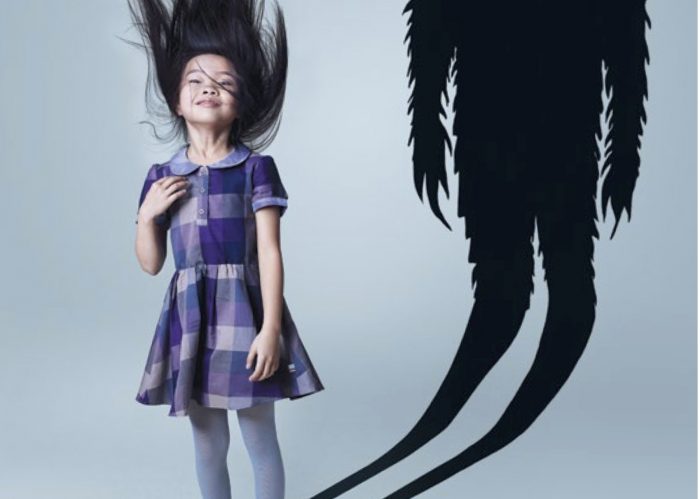Stages Of Alcoholism Signs, Symptoms, And Treatment
Content
It’s not always easy to change the parameters of a relationship or cut it off altogether, but it may be necessary to allow healthy relationships to flourish. Alcohol withdrawal should only take place under medical supervision to ensure the most dangerous 5 stages of alcoholism symptoms do not get out of hand. In some cases, a doctor can prescribe medications that ease the symptoms to make the process more comfortable. Detox or medication-assisted treatment are the best ways to get started on the road to recovery.
Our mission is to provide patient-centered care that focuses on healing and recovery from addiction. This blog provides information, news, and uplifting content to help people in their recovery journey. A person in the contemplation stage wants to get help, but has not made a concrete decision to do so.
When Should Someone Seek Treatment for Alcoholism?
Talk to your doctor if you think you might have a drinking problem.
- Additionally, individuals in this stage of alcoholism will be physically and mentally dependent on alcohol.
- Problem drinkers may experience heightened depression, anxiety, or disturbances in sleeping patterns.
- The first stage of alcoholism is characterized by general experimentation with alcohol.
- If you can identify with one or two stages, please understand that alcoholism is a progressive disease.
- This means that a person may actively avoid a problem that they know exists on some level.
Before reaching the legal age of 21, 61% began drinking before age 18 and 83% began drinking before age 21. If you or a loved need to safely detox from drugs or alcohol, contact Southern California Sunrise Recovery Center Today. Mixing antidepressants and alcohol is not recommended, as alcohol can worsen depression symptoms. Raising awareness around eating disorders is essential for breaking the stigma and allowing people to seek treatment.
Before the First Stage – Pre-Alcoholism
The same line of thinking applies to engaging in drinking that harms your home, school, and work lives. There are therapy options to assist people in recovery, and people do recover. When someone begins using alcohol, they usually are only doing so in social situations.
What are 3 signs that may indicate a person is becoming an alcoholic?
- Being unable to limit the amount of alcohol you drink.
- Wanting to cut down on how much you drink or making unsuccessful attempts to do so.
- Spending a lot of time drinking, getting alcohol or recovering from alcohol use.
- Feeling a strong craving or urge to drink alcohol.
At this point, alcohol has had a severe effect on your mind and body. Fatty liver, cardiac problems, and other health complications put your life at risk. Withdrawal symptoms typically start within six to twenty-four hours from when you stop drinking. We recommend checking into an alcohol detox program where you receive services like medical detox. At Atlanta Detox Center, we offer a medical detox center and addiction treatment therapies as well as on-staff twenty-four hours a day to ensure your health and well-being.
Family and Children’s Programs
Treatment options for end-stage alcoholism may include hospice care, palliative care, or hospitalization to manage complications. This stage of alcoholism starts when people experience an increasing tolerance to alcohol and raise their alcohol intake with greater frequency and quantity. One of the biggest concerns with risky drinkers is when they don’t think they have a https://ecosoberhouse.com/article/5-alcoholic-types-in-alcoholism/ problem. Moderate drinking is the only safe way to consume alcohol, but drinking in general isn’t safe for everyone. Binge drinking is characterized by the consumption of around four drinks within two hours for women and five drinks within two hours for men. If this is a normal amount for your loved ones, it’s time for them to seriously reconsider their drinking habits.
- The person’s use becomes more frequent and risky, and they may begin to experience negative consequences such as health problems and job losses.
- The last of the 3 stages of alcoholism is also called late-stage alcoholism.
- This means that they are becoming dependent on alcohol to solve their emotional, social, and behavioral issues.
- The user loses his or her job due to too many absences and alcohol-induced fights end relationships.
- Their alcohol withdrawal symptoms are so severe that they must drink continually to avoid them.
Stopping is impossible at this point without professional help because of the severe and potentially life-threatening withdrawal symptoms that would occur if they quit cold turkey. By this stage, their drinking is taking an obvious physical toll as well. They may appear red in the face or look bloated and generally unwell. The alcoholic probably isn’t sleeping or eating well at this point and may not be keeping up with personal hygiene. When alcohol is not present, individuals may experience uncomfortable symptoms such as restlessness, tremors, headache, nausea, vomiting and insomnia. Whether you are currently in stage one of alcoholism or experience end-stage alcoholism, recovery is possible.
-
Overall Score
Reader Rating: 0 Votes


























